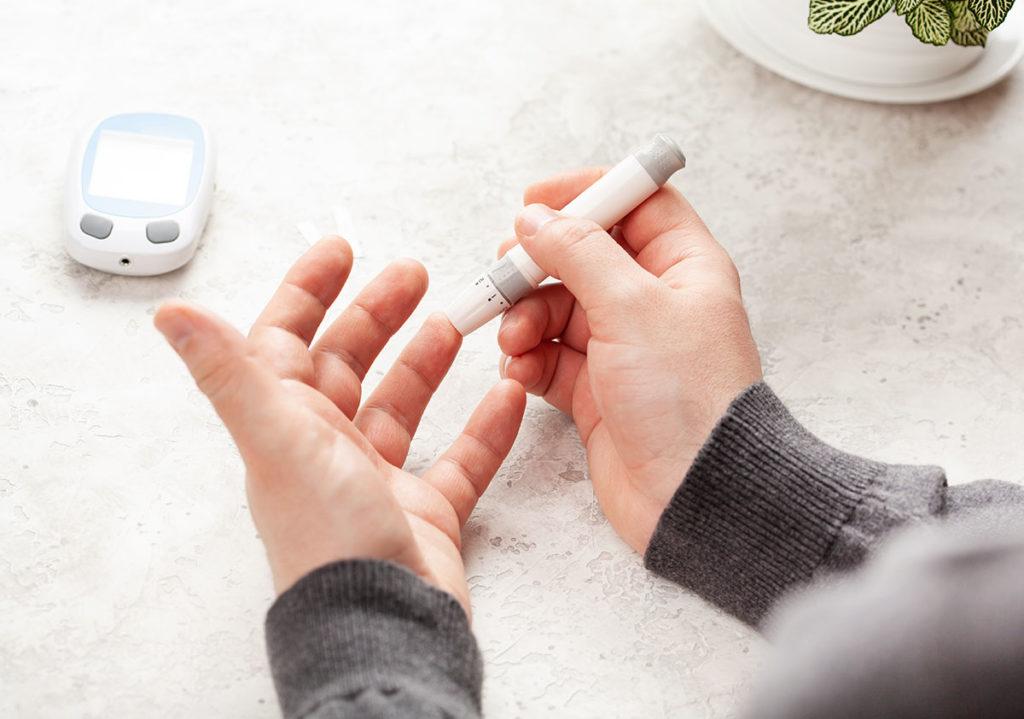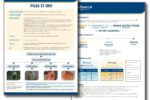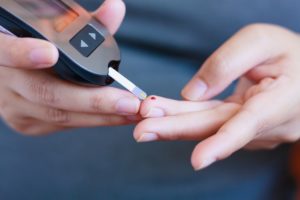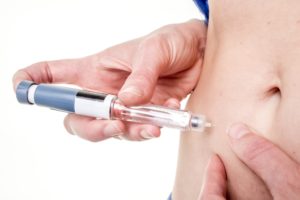Renal disease is common and is increasing in prevalence as the main risk factor for impaired kidney function – diabetes – affects more people. Approximately 30% of patients with type 2 diabetes develop some degree of nephropathy, with some ethnic groups at even higher risk. Diabetes is now the largest single cause of end-stage renal disease in the UK, accounting for 30–40% of all cases. The very early stages are asymptomatic and the disease process develops slowly over 15–20 years, so early screening and prevention strategies are paramount in reducing the burden of renal failure. Primary care nurses are well placed to play a pivotal role in this process.


























